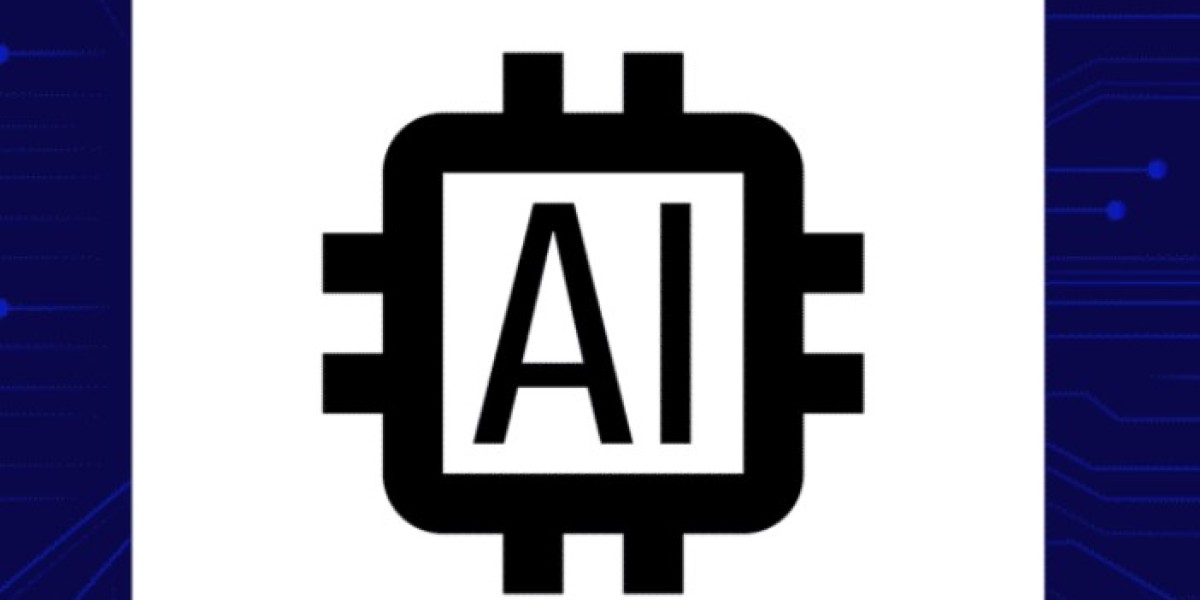The Growing Trend of AI-Powered Virtual Assistants
In the modern era, technology continues to reshape how we live and work, with artificial intelligence (AI) leading the charge. Among the many advancements in AI, virtual assistants have emerged as indispensable tools for individuals and businesses alike. From managing daily schedules to enhancing customer service experiences, AI-powered virtual assistants are transforming the way we interact with technology. This article delves into the growing trend of AI-powered virtual assistants, exploring their applications, benefits, and the role of artificial intelligence services and solutions in their evolution.
What Are AI-Powered Virtual Assistants?
AI-powered virtual assistants are software applications designed to perform tasks and provide services based on user commands or inputs. Leveraging advanced technologies like natural language processing (NLP), machine learning, and voice recognition, these assistants can understand and respond to complex queries in real-time. Popular examples include Amazon’s Alexa, Apple’s Siri, Google Assistant, and Microsoft’s Cortana.
Key Features of AI-Powered Virtual Assistants
Natural Language Processing (NLP): Virtual assistants utilize NLP to understand, interpret, and respond to user queries in a conversational tone.
Machine Learning Capabilities: Machine learning enables virtual assistants to adapt over time by learning user preferences and improving responses.
Voice and Speech Recognition: Advanced voice recognition technology allows seamless interaction through voice commands, making these tools highly intuitive.
Integration with Smart Devices: Many AI-powered virtual assistants can connect with IoT (Internet of Things) devices, providing users with complete control over their smart homes.
Personalization: AI assistants offer tailored experiences, such as personalized recommendations and reminders, by analyzing user behavior and data.
Applications of AI-Powered Virtual Assistants
The adoption of AI-powered virtual assistants spans multiple industries, showcasing their versatility:
Customer Service: Virtual assistants enhance customer support by providing instant responses to common queries, handling complaints, and guiding users through troubleshooting processes. Businesses offering artificial intelligence services are increasingly developing custom AI chatbots for seamless customer interactions.
Healthcare: In the healthcare sector, virtual assistants help schedule appointments, provide medication reminders, and even offer preliminary symptom checks.
E-commerce: Retailers integrate virtual assistants to recommend products, manage orders, and ensure smooth shopping experiences for customers.
Education: AI-powered assistants help students with queries, organize study plans, and even tutor them on various subjects.
Data Engineering Services: Businesses leveraging Data Engineering Services employ virtual assistants to process and analyze large datasets, automate repetitive tasks, and generate actionable insights.
Benefits of AI-Powered Virtual Assistants
Increased Productivity: By automating routine tasks like setting reminders, sending emails, or scheduling meetings, virtual assistants free up time for more strategic activities.
Cost Savings: For businesses, employing virtual assistants can reduce the need for extensive customer support teams, leading to significant cost savings.
24/7 Availability: Virtual assistants operate round the clock, ensuring users always have access to support or information whenever needed.
Enhanced User Experience: The personalization capabilities of AI-powered assistants lead to highly satisfying user experiences, fostering loyalty and engagement.
Scalability: For businesses, virtual assistants can handle increasing workloads without compromising service quality, making them ideal for scaling operations.
The Role of Artificial Intelligence Services and Solutions
The rapid advancement of AI-powered virtual assistants wouldn’t have been possible without the contributions of artificial intelligence services and solutions. Companies specializing in AI are pushing boundaries by:
Developing Cutting-Edge Algorithms: AI firms create sophisticated algorithms that enhance the intelligence and adaptability of virtual assistants.
Customizing AI for Business Needs: Businesses can now leverage tailored virtual assistant solutions designed to address their unique challenges and goals.
Ensuring Data Security: AI service providers prioritize data privacy and security, ensuring that sensitive user information remains protected while using virtual assistants.
Continuous Innovation: Through relentless research and development, AI companies bring new features and capabilities to virtual assistants, ensuring they stay relevant in a rapidly evolving market.
Challenges Facing AI-Powered Virtual Assistants
While the growth of virtual assistants is impressive, challenges remain:
Data Privacy Concerns: The collection and analysis of user data raise questions about privacy and consent. Businesses offering artificial intelligence services must address these concerns to build user trust.
Understanding Complex Queries: Despite advancements, virtual assistants may still struggle with ambiguous or highly specialized queries.
Dependence on Internet Connectivity: Most virtual assistants require stable internet connections to function effectively, limiting their accessibility in low-network areas.
Integration Challenges: Ensuring seamless integration with diverse platforms and devices can be a complex task for developers.
Bias in AI: AI models may inadvertently reflect biases present in their training data, leading to unintended consequences in responses or recommendations.
The Future of AI-Powered Virtual Assistants
The future of AI-powered virtual assistants looks incredibly promising. Innovations in AI, data engineering, and IoT will continue to expand their capabilities and applications. Some key trends to watch include:
Contextual Understanding: Virtual assistants will become more adept at understanding context, enabling more nuanced and natural conversations.
Multimodal Interfaces: The integration of visual and auditory inputs will allow virtual assistants to deliver richer, more interactive experiences.
Advanced Personalization: Leveraging Data Engineering Services, virtual assistants will provide even more personalized experiences by analyzing comprehensive user data in real-time.
Enterprise Applications: Businesses will increasingly adopt virtual assistants to streamline operations, improve customer engagement, and gain competitive advantages.
AI Ethics and Governance: As the role of virtual assistants grows, ethical considerations and governance frameworks will play a critical role in their development and deployment.
Conclusion
AI-powered virtual assistants represent a paradigm shift in how we interact with technology. By combining cutting-edge AI capabilities with real-world applications, these tools have become essential for both personal and professional use. Businesses looking to harness the full potential of virtual assistants must partner with providers of artificial intelligence services and solutions to create tailored, secure, and innovative systems.
As the technology continues to evolve, the possibilities for AI-powered virtual assistants are virtually limitless. With the support of advanced Data Engineering Services and robust AI frameworks, these digital assistants will undoubtedly redefine our relationship with technology in the years to come.



